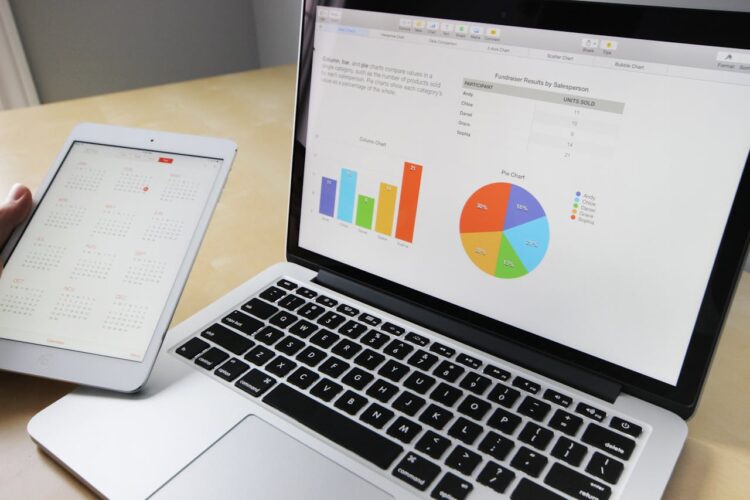
According to research, the demand for employee monitoring tools rose by 65% between 2019 and 2022. Businesses implement monitoring tools to maintain efficiency and productivity levels. But a less discussed yet very important advantage of monitoring employees is how it can prevent workplace misconduct.
By providing real-time insights into daily operations and employee behavior, employee monitoring systems not only help ensure compliance but also serve as a proactive measure to prevent unethical practices. Besides this, employee monitoring in the workplace can protect the company’s image and support its success over a long period.
Encouraging Accountability and Transparency
One way employee monitoring in the workplace helps control misconduct is by instilling a sense of accountability in employees. By knowing that their actions in the workplace are being monitored, employees are less likely to do anything that’s not in line with the rules.
Similarly, with employee monitoring tools, the employer can analyze factors such as the amount of time spent on assigned tasks or projects and employees’ internet activities. Such transparency can significantly enhance compliance among employees regarding the organization’s data protection strategies. Real-time employee monitoring serves to encourage employees to perform their tasks appropriately while maintaining professional competence.
Finally, employee monitoring can eliminate perceptions of injustice. Employees appreciate that the organization treats all employees equally, which goes a long way in eliminating biases and favoritism. This encourages team members to take ownership of any actions taken by the team, leading to a better workplace.
Detering Fraud and Theft
Employee monitoring systems serve as a deterrent against deception and theft. Workplace misconduct like misappropriating funds, misusing company property, or exploiting sensitive information can be very harmful to businesses. By monitoring employees, companies can identify unusual behaviors or warning signs sooner rather than later. This gives them time to step in before things get worse.
For instance, management can get alerts from monitoring tools when employees see sensitive financial data without proper authorization or if a person consistently exceeds their permitted access levels. Employers are then able to respond fast, prevent further violations, and ensure the protection of the company’s assets.

Preventing Harassment and Discrimination
Harassment and discrimination in the office can damage not just employees but also a business’s image, even leading to expensive lawsuits. Employee monitoring tools are very important in stopping this kind of misconduct by letting employers watch how employees communicate with each other, particularly on online communication platforms like electronic mail or company chat systems.
For instance, businesses can implement monitoring systems to identify improper language or interactions that may suggest harassment, bullying, or unfair conduct. By recognizing these problems early on, employers have the chance to deal with them before they get worse. This helps in building a secure and more welcoming working environment for every employee.
Moreover, monitoring employees ensures compliance with office regulations pertaining to harassment and discrimination. In the event of an issue arising, maintaining a record of conversations or transactions provides concrete evidence that can be utilized for an objective investigation of the matter. This kind of supervision nurtures an environment where workers feel at ease reporting unfit behavior, being aware that their worries will get proper attention.
Ensuring Compliance With Company Policies
Each company has unique rules and procedures, ranging from the treatment of sensitive data to suitable behavior in a professional context. To ensure that these regulations are adhered to consistently, employee monitoring is key. This can involve reviewing email exchanges, monitoring online activities, or evaluating time devoted to certain tasks. Monitoring tools assist in ensuring personnel adhere to corporate guidelines.
In sectors like healthcare or finance which need careful obeying of regulatory rules, supervision can avert non-adherence. Corporations can monitor if employees follow the right methods in handling sensitive data, completing transactions, or dealing with clients. This diminishes the possibility of inadvertent or deliberate breaches of corporate guidelines that may result in penalties from regulatory authorities and harm to reputation.
When employers identify possible policy breaches at an early stage, they can provide more training or corrective actions to employees. This helps everyone continue in the correct direction. Taking action before a problem occurs reduces risk and preserves the honesty of how the company works.
Bottom Line
Employee monitoring can be a powerful tool in preventing workplace misconduct when implemented with a focus on transparency, accountability, and fairness. By deterring fraud and theft, preventing harassment and discrimination, ensuring compliance with company policies, and improving workplace safety, monitoring systems contribute to a positive and secure work environment.
While it’s essential to balance monitoring with respect for employee privacy, when done correctly, these systems can foster trust and protect both employees and employers. As businesses continue to evolve, employee monitoring will remain a crucial element in maintaining a productive and ethical workplace.





